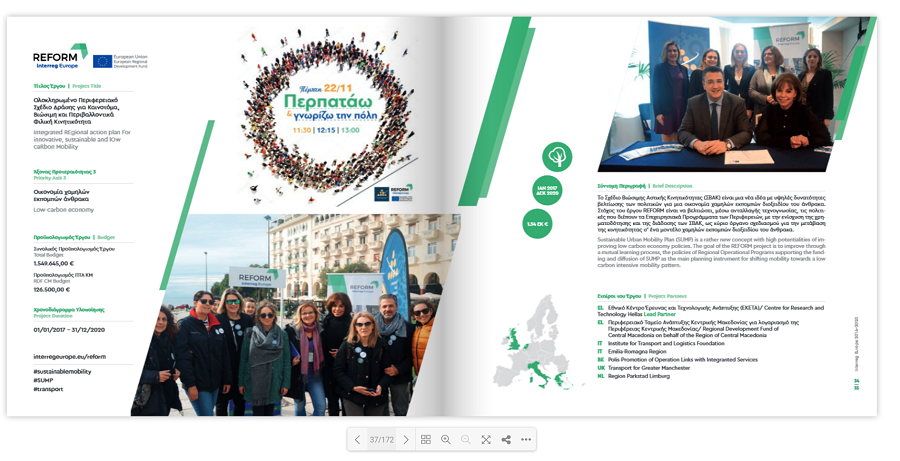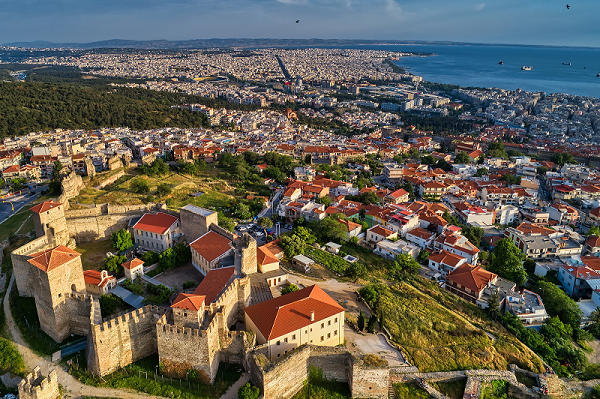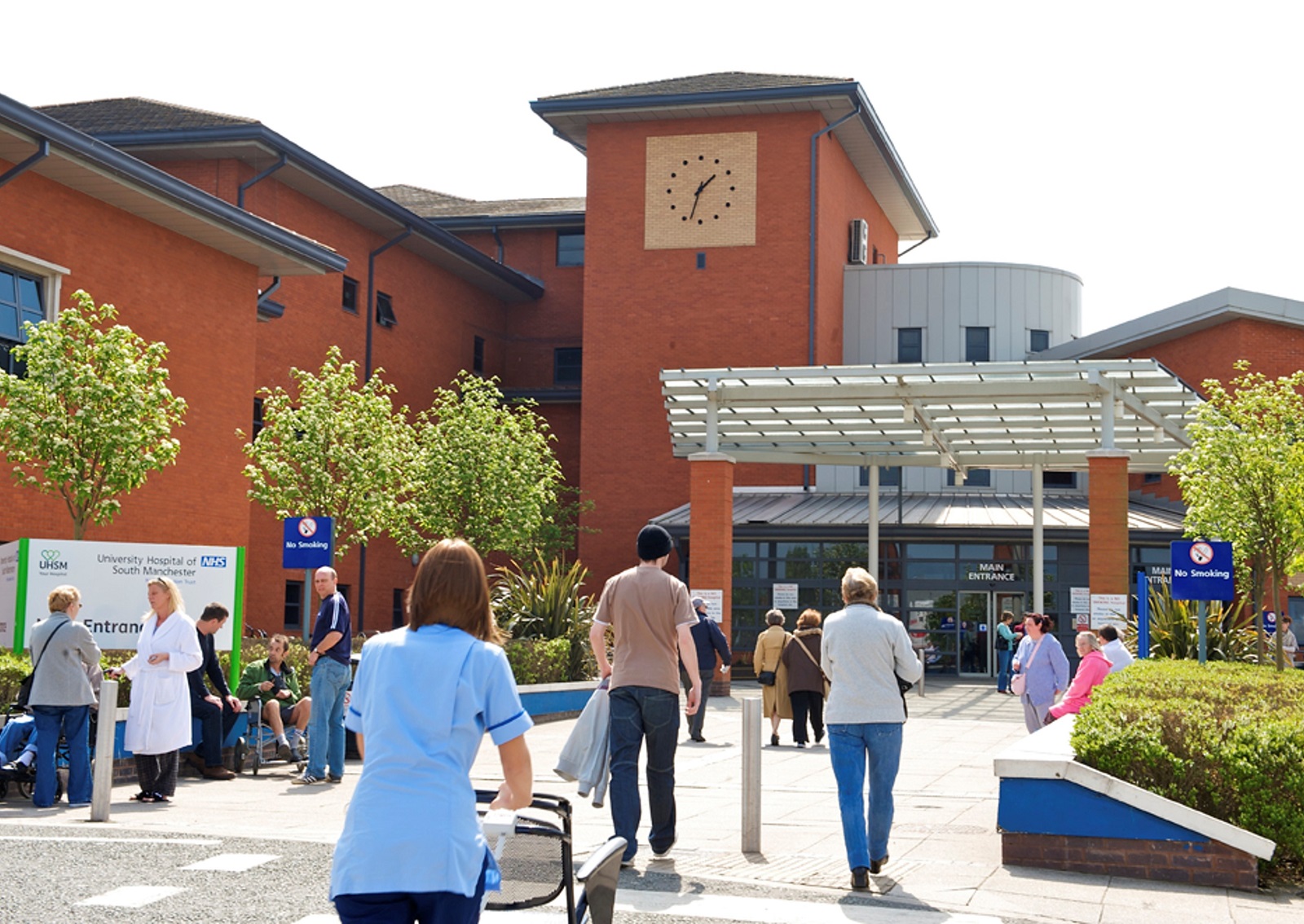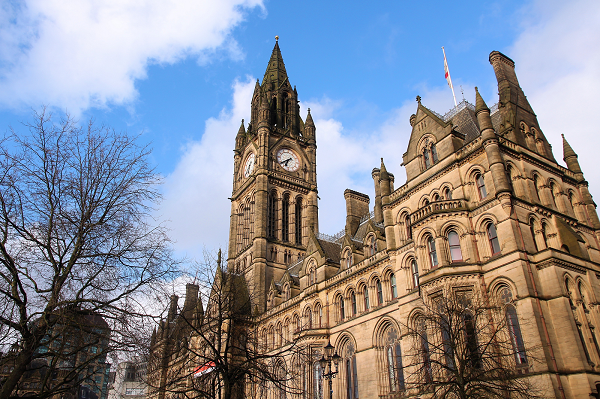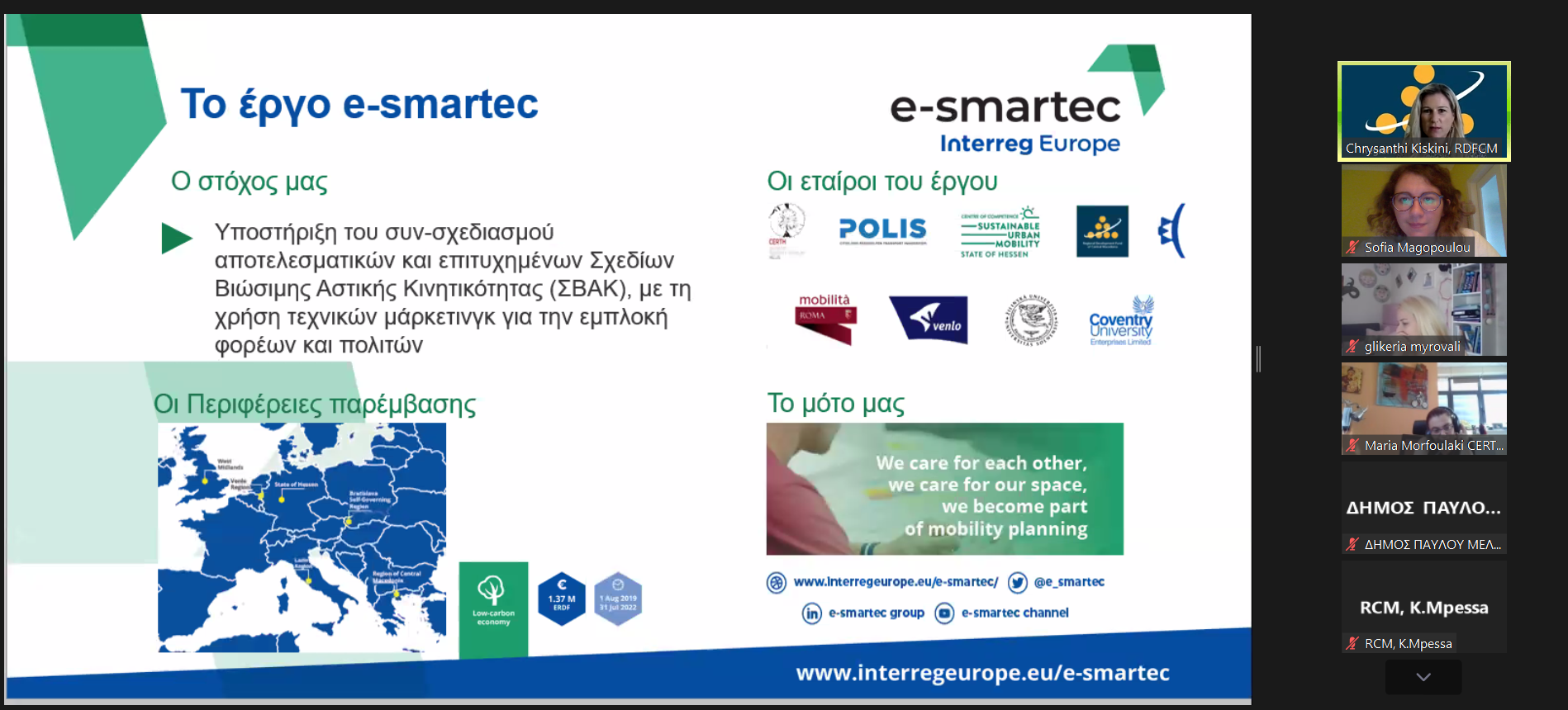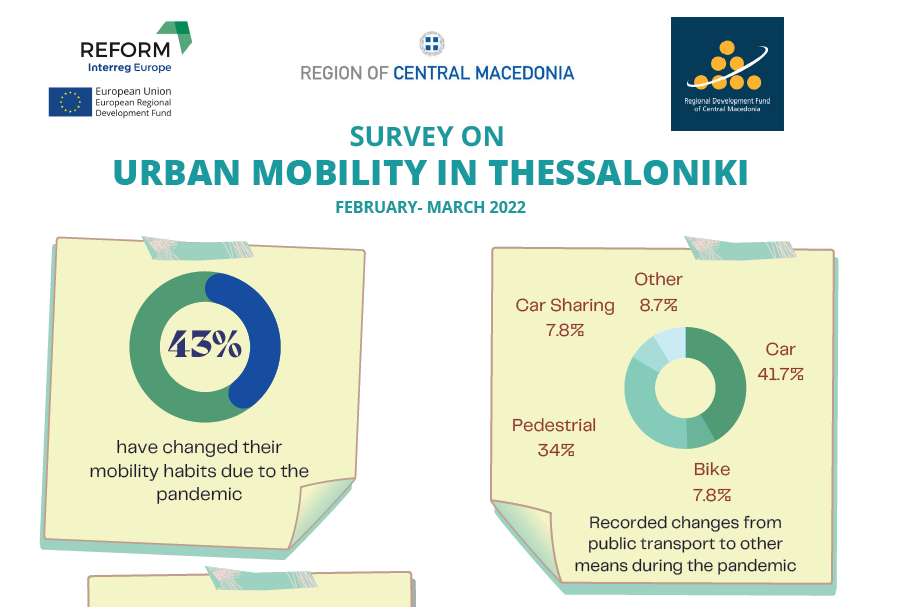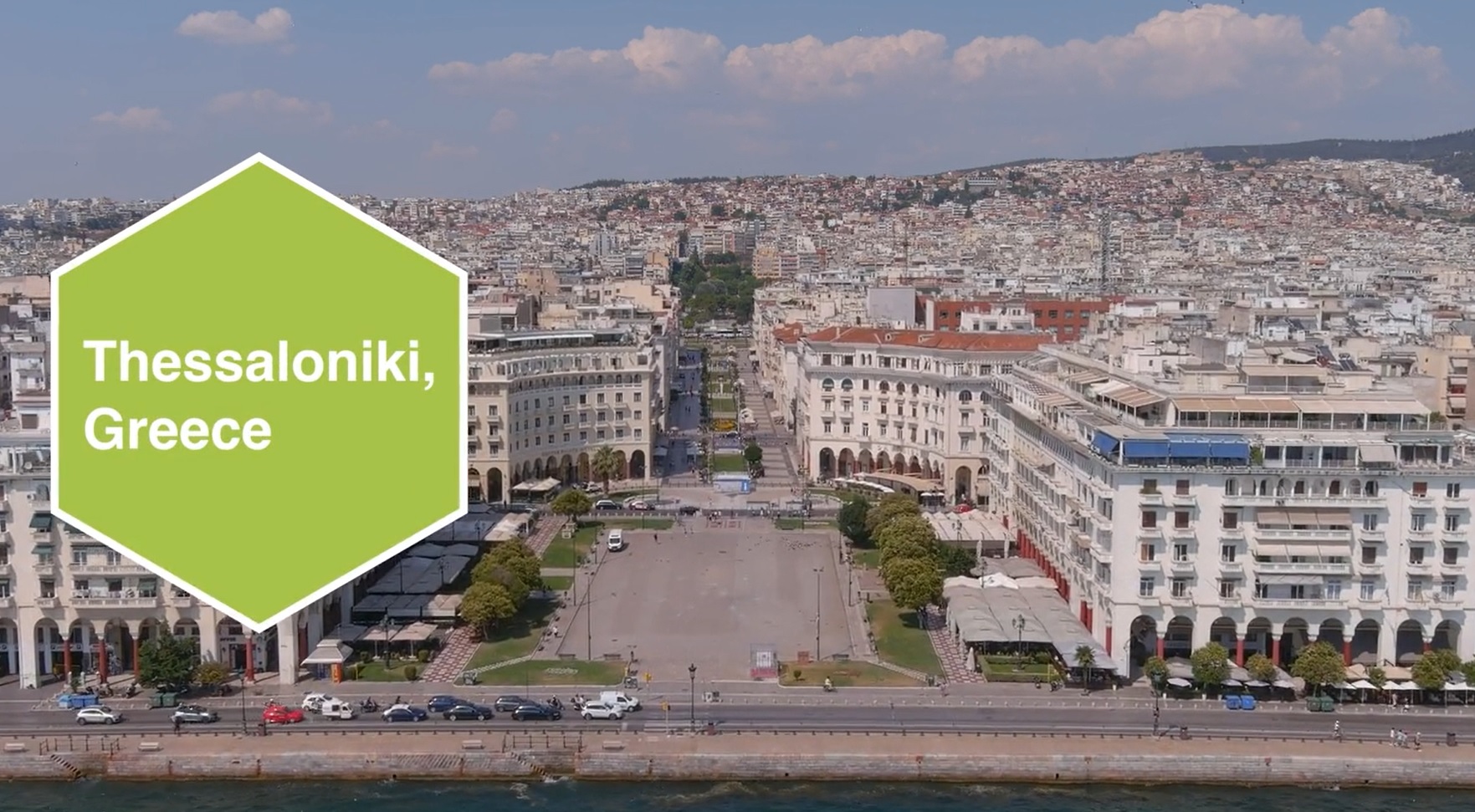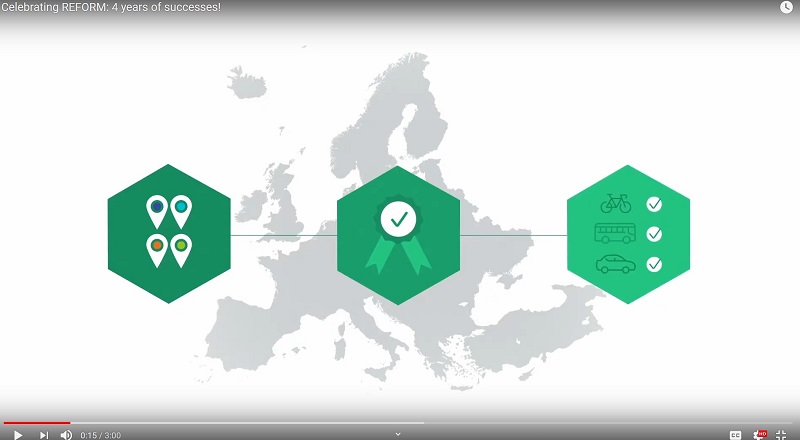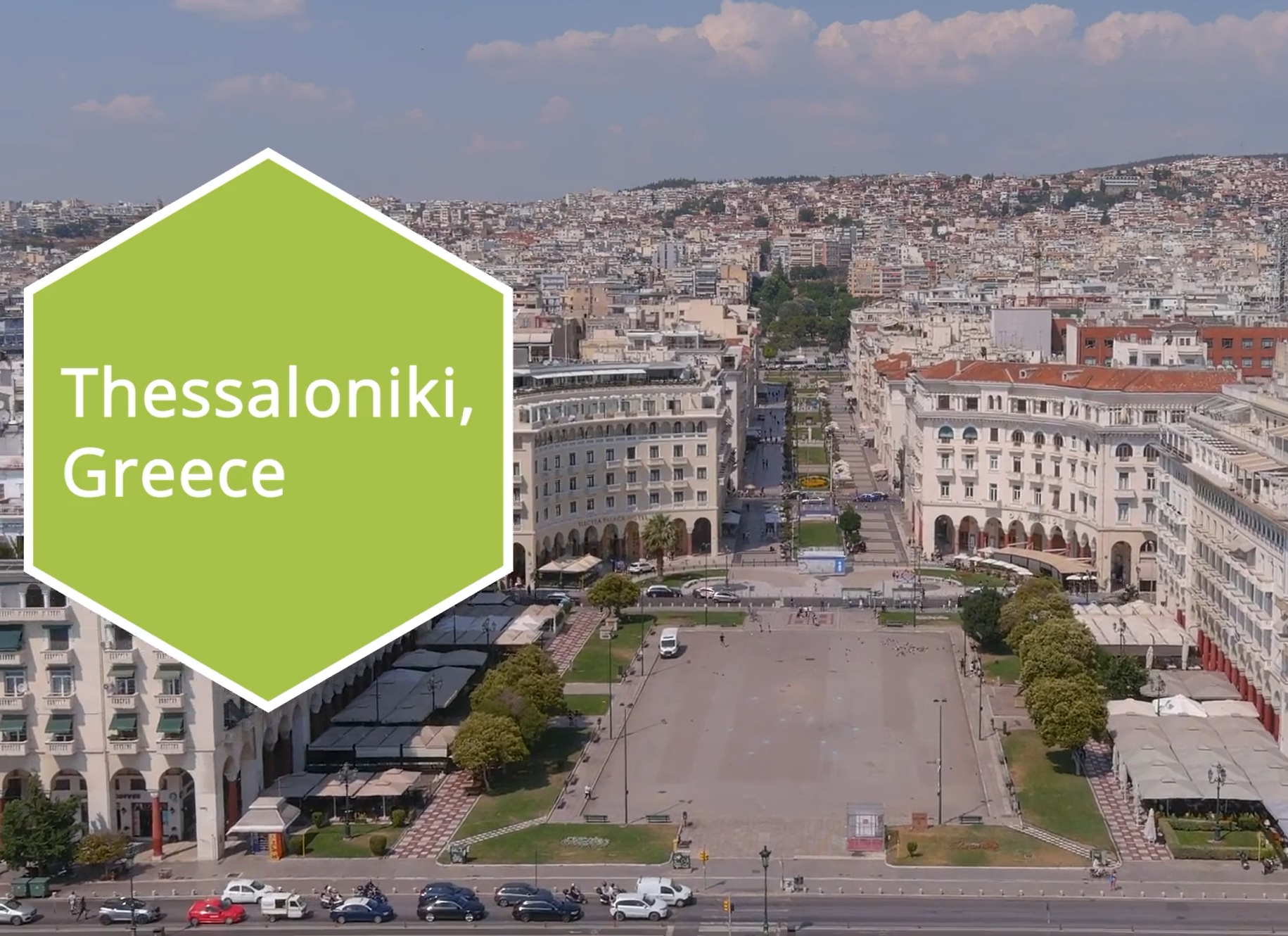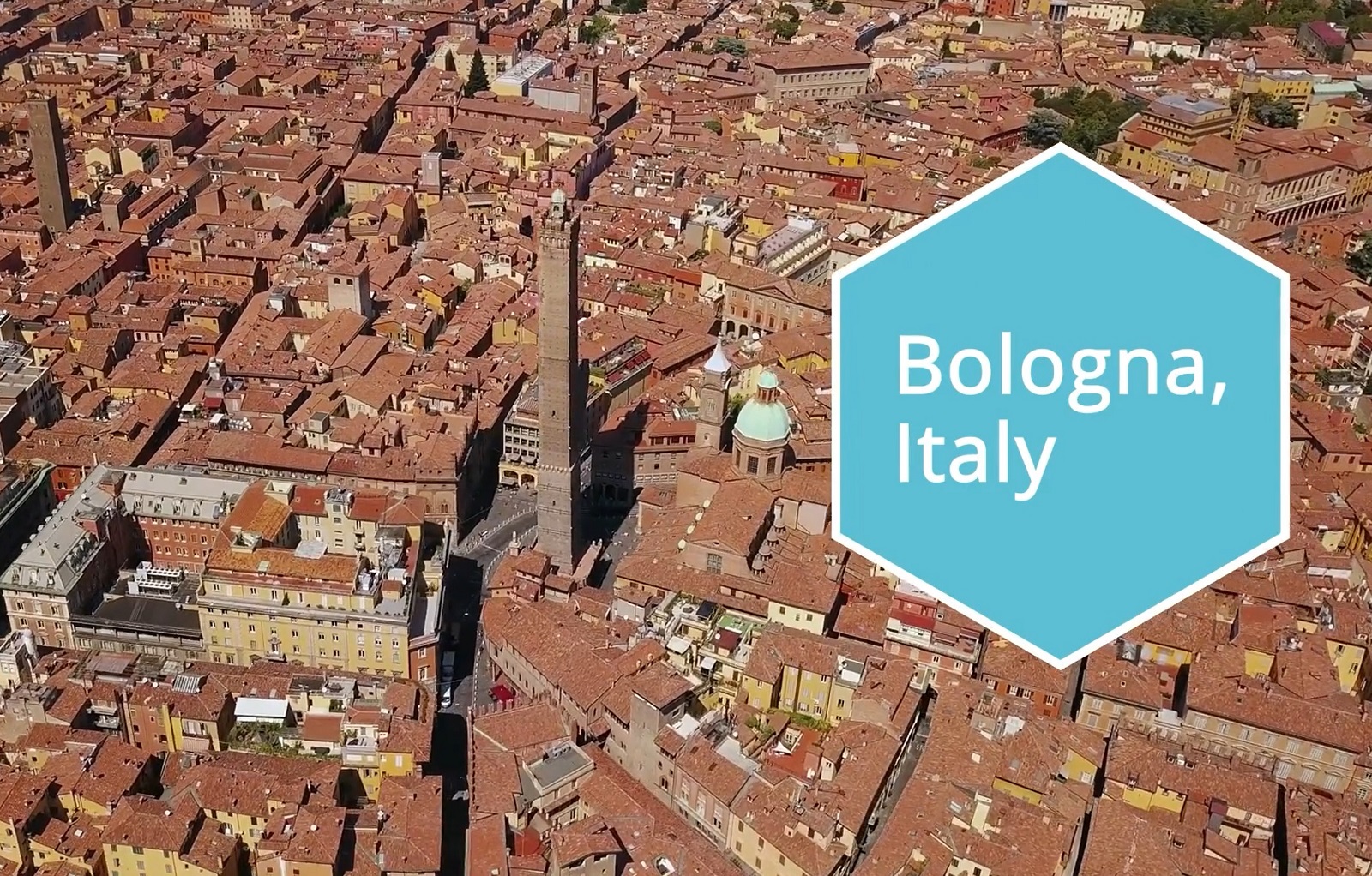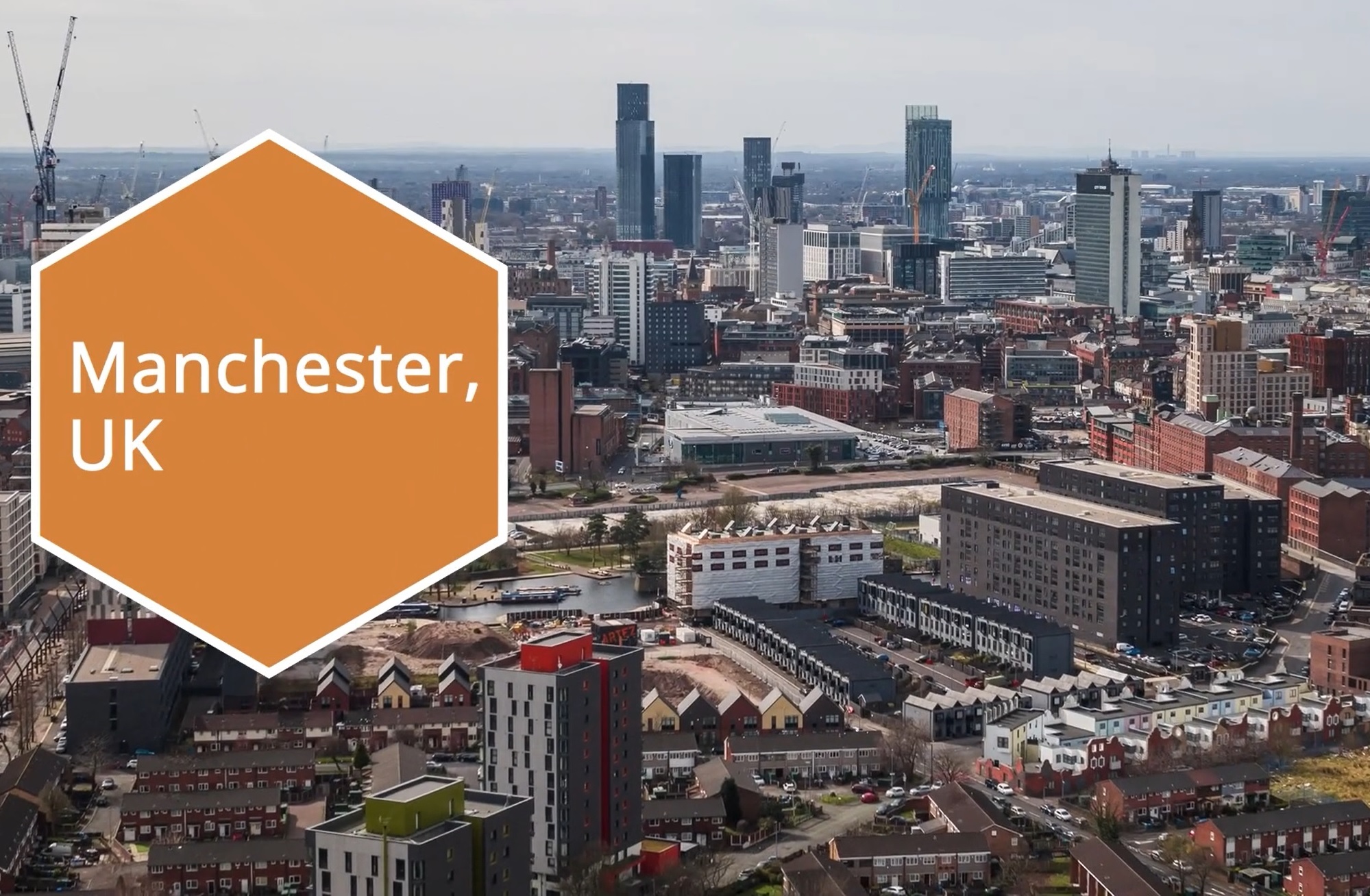The Region of Central Macedonia conducted a survey in Spring 2022 with the aim to analyse the urban mobility habits of citizens during the COVID-19 pandemic, which resulted in 124 responses from Thessaloniki residence. The survey results are summarised in a concise infographic here.
Around 43% of respondents did not alter their mobility behaviour, whereas 23% switched from public transport to cars, as well as 18% switched to walking. One can observe that the already low public transport uptake in the Greek city was further reduced. The survey, which was mostly answered by respondents with tertiary education (around 70%), also highlighted that more than 1/3 of the polled group expect to maintain their mobility habits after the pandemic, with 18% are more likely to return to their pre-pandemic travel habits. This highlights the fact that around 50% are yet unsure about their behaviour. This can be considered as a significant opportunity for mobility providers to convince the wider population of their offer.
Another important aspect is the remaining desire for infrastructure investments for active mobility, as around 70% of respondents believe that a commitment of extra space in the road network to create infrastructure for pedestrians and cyclists would have a significant impact in their daily lives. Overall, one can conclude that the COVID-19 had a considerable negative impact on public transport in the region and especially Thessaloniki, which will remain for the foreseeable future. Nevertheless, one should not underestimate the willingness of inhabitants to walk and bike.


